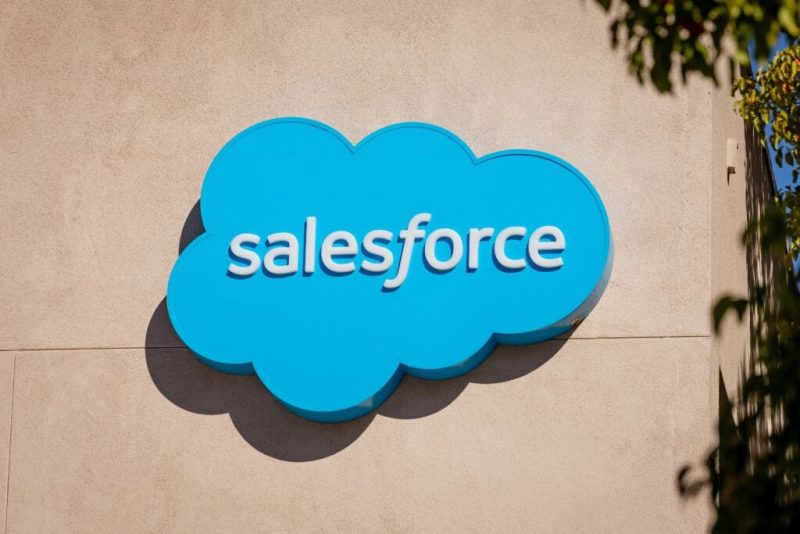
Salesforce CEO Marc Benioff recently dropped a bombshell at the Goldman Sachs Communacopia+Technology conference. While discussing the tech landscape, he expressed significant interest in Palantir Technologies, a data analytics firm known for its impressive, and some might say, audacious valuation. Benioff’s admiration stemmed from Palantir’s exceptionally high revenue multiple, a figure that apparently left him pondering whether Salesforce, the CRM giant, might be undervaluing its own services.
The implication is striking: one of the most successful software CEOs in the world is questioning his own pricing strategy after seeing Palantir’s success. This isn’t just about a simple comparison of two companies; it’s a reflection on the broader tech market and the evolving dynamics of valuation in the data-driven age. Palantir’s high multiple suggests investors are willing to pay a premium for its specialized data analytics capabilities, a stark contrast to the more established, mass-market approach of Salesforce.
Benioff’s comments highlight a fascinating dichotomy. While Salesforce continues to dominate the CRM market, Palantir’s success in a niche sector suggests there might be untapped potential in focusing on high-value, specialized software solutions. This raises a crucial question for other tech companies: is there a lesson to be learned from Palantir’s valuation? Should companies re-evaluate their pricing models to reflect the increasing value of specialized data and analytics? The answer, of course, is complex and depends heavily on individual business models and market positions.
Ultimately, Benioff’s candid remarks spark a lively debate within the tech industry. It’s a clear indication that the traditional metrics of valuation are being challenged, and that the success of companies like Palantir is forcing a re-evaluation of how value is created and priced in the modern tech landscape. This isn’t just about Palantir or Salesforce; it’s a conversation about the future of software valuation and the ever-evolving relationship between data, technology, and market value.










